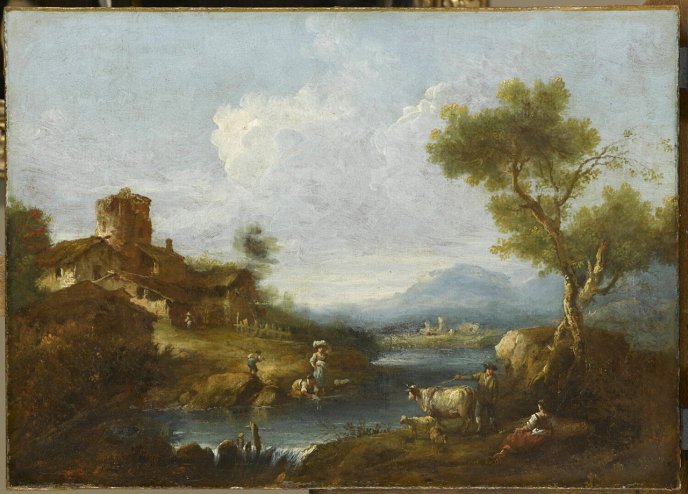Project under the direction of: Patrick Boucheron, History of Powers in Western Europe, 13th to 16th century chair and François-Xavier Fauvelle, History and Archaeology of African Worlds chair.
Abstract
For the past twenty years, the "environmental humanities" have represented a new research horizon for the social sciences as a whole. This development is closely linked to the growing contemporary concern about the destruction of the living environment by the human species. However, the historicization of the relationship between societies and their environment still seems insufficient, despite the fact that it allows us to distance ourselves from the supposed evidence that distorts current debates, and to bring out concepts that are useful for re-reading the relationship between humans and the components of their living environment.
Indeed, while pre-industrial agrarian societies functioned according to balances that we can - according to our contemporary categories - describe as "durables", they were not spared either by the logics of intensive exploitation or by the desire to maximize the productivity of men and land, as shown by the irrigated agriculture of Lombardy between the 13th and 16th centuries.


